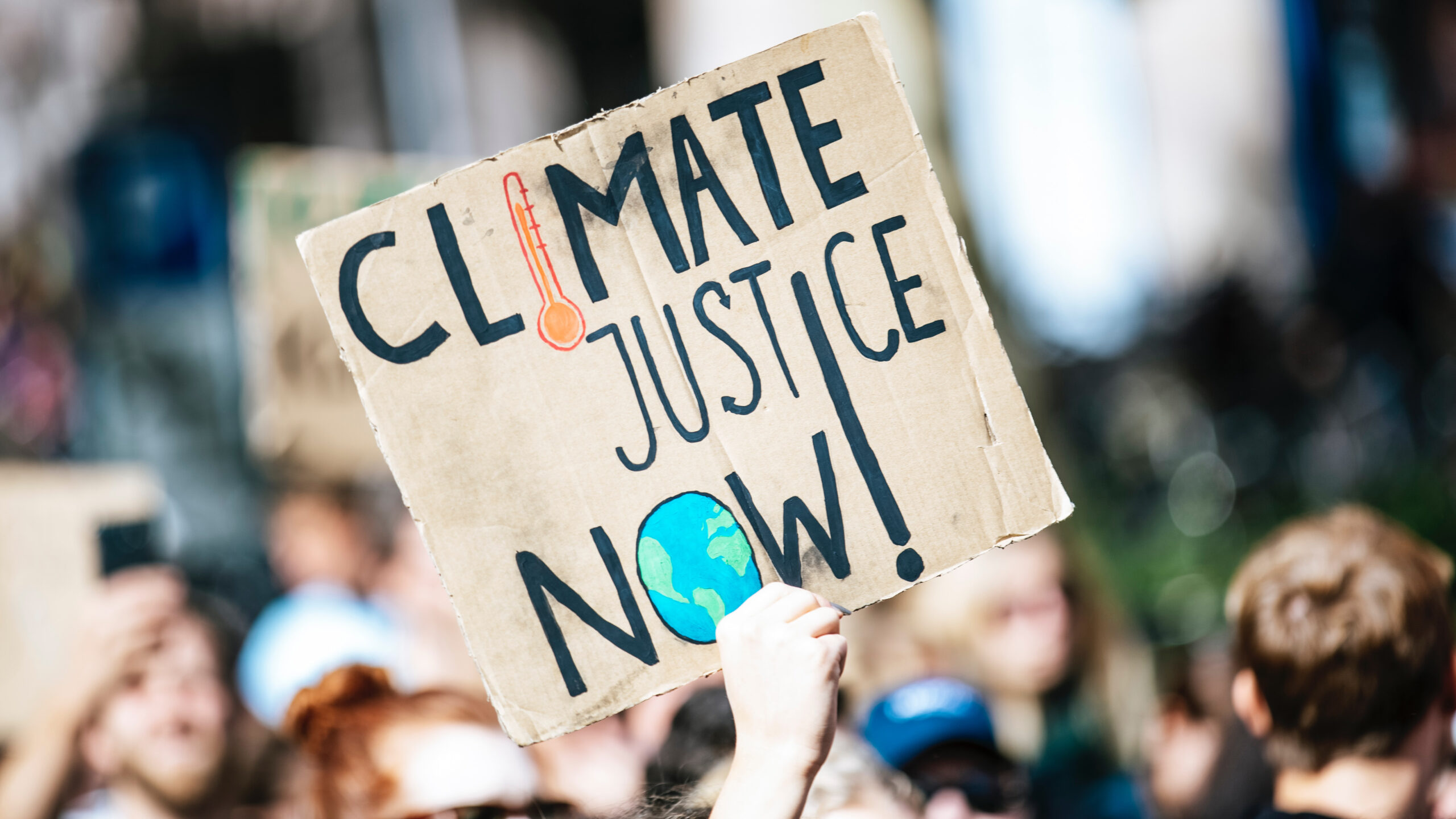The Earth is increasingly getting warmer, from the North Pole to the South Pole. According to research from Global Change, the world’s average surface temperature has risen by more than 1.8 degrees Fahrenheit, or 1 C, since 1880 and even more so in sensitive polar regions.
The impacts of rising temperatures are now not in some far-flung future. The consequences of global climate change are happening right now. The heat is melting sea ice and glaciers, changing rain patterns, and setting animals on the move due to habitat destruction.
Additionally, Canada also witnessed a more recent display of the climate crisis wrath that can be seen in forest fires, air pollution and more recently, the flooding in British Columbia.
AccuWeather reported the once-in-500-year flooding event triggered by heavy rainfall caused devastating, widespread damage across B.C. The flood washed away bridges, swallowed highways, cut off railroads, took at least four lives and left thousands stranded as recovery and rescue efforts continue.
According to Climate Action Network, Canada’s annual average temperature is warming twice as fast as the rest of the world, due to expansive landmass which comprises several climate regions.
Now more than ever, battling the climate crisis is crucial to the wellbeing and survival of beings around the world.
An NOAA(National Oceanic and Atmospheric Administration) study revealed that since 2005, the ten warmest years of Earth have been recorded, including each of the last seven years.
So what is the world doing about this? After all, this collective fault requires collective measures. If not, the planet will be doomed, and we along with it.
There is no denying world leaders are beginning to take the matter of climate change more seriously. However, for now, they are not at levels sufficient to fully address the problem.
Part of the drag is world leaders whose administrations opposed efforts to reduce the production and the use of fossil fuels, which are coupled with the majority of nations responding slowly towards climate change crisis.
At the UN-led COP26 climate summit, world leaders pledged on Nov. 1 to combat the climate change crisis.
U.S. President Joe Biden urged other world leaders in Glasgow to embark on a shift to clean energy in order to combat the climate change crisis.
“Right now, we’re still falling short,” he said. “There’s no more time to hang back or sit on the fence or argue amongst ourselves. This is the challenge of our collective lifetimes, the existential threat to human existence as we know it and every day we delay, the cost of inaction increases. So, let this be the moment when we answer history’s call here in Glasgow. Let this be the start of a decade of transformative action.”
Following the same footsteps, the Indian Prime Minister Narendra Modi, shared his plans for battling the climate crisis. He announced at the COP26 climate summit that India will achieve clean and green by 2030 and net-zero carbon emissions by 2070, he said.
U.K. Prime Minister Boris Johnson said there were no compelling excuses for procrastinating. “Not only have we acknowledged the problem, we have already seen firsthand the devastation that climate change causes – heatwaves and droughts to wildfires and hurricanes,” he said.
The UN’s Annual Adaptation Gap Report shows that nations have a long way to go. The report also highlights that while three out of four nations realize the need for direct action to adapt to ongoing changes, few have actually developed plans sufficient to address it.
Canadian Prime Minister Justin Trudeau said it will take a global initiative to stem the looming crisis.
“Tackling the climate crisis will take all of us,” he said. “Together, the global community needs to accelerate new and bold approaches to fighting climate change and building cleaner economies.”
It’s hard to say whether the climate plans of world leaders can get us where we need to be. However, failing to adapt to the realities of climate change and not confronting the crisis head-on will most certainly endanger lives, disrupt biospheres and food chains, force even more migration of climate refugees, and possibly even destabilize governments. Frankly, the world can’t afford that.

